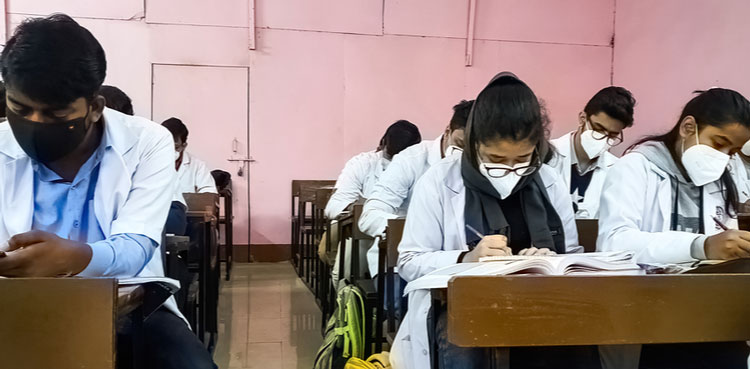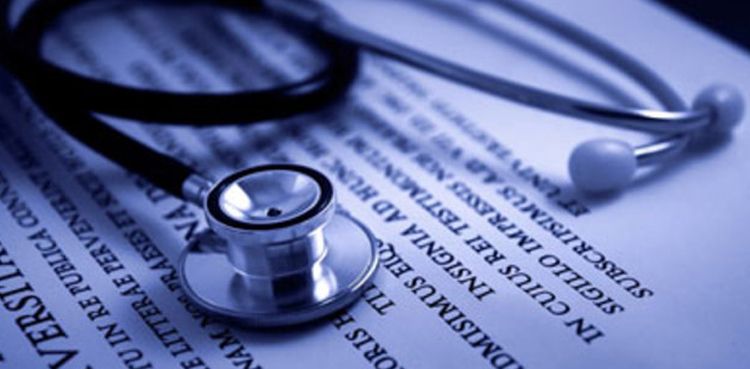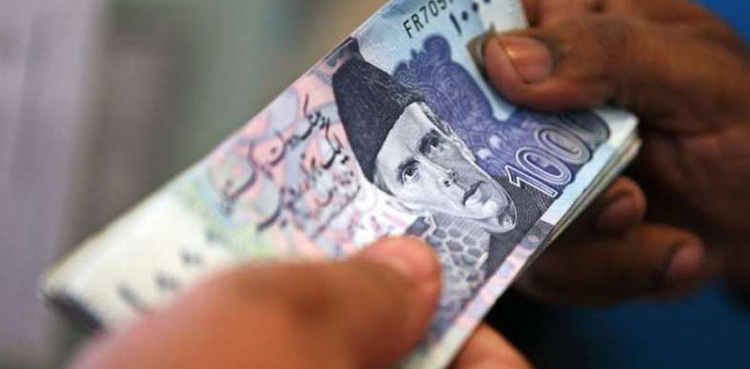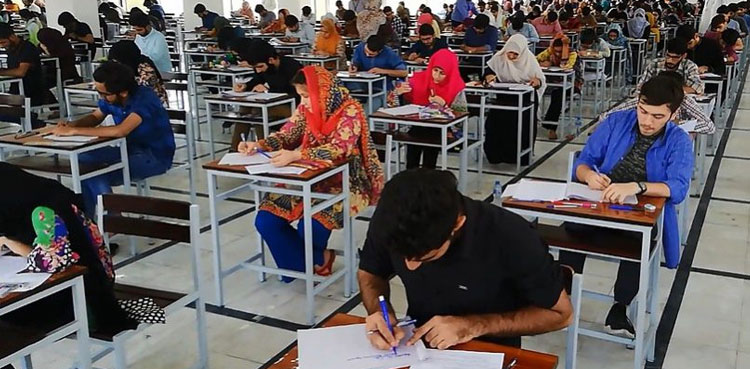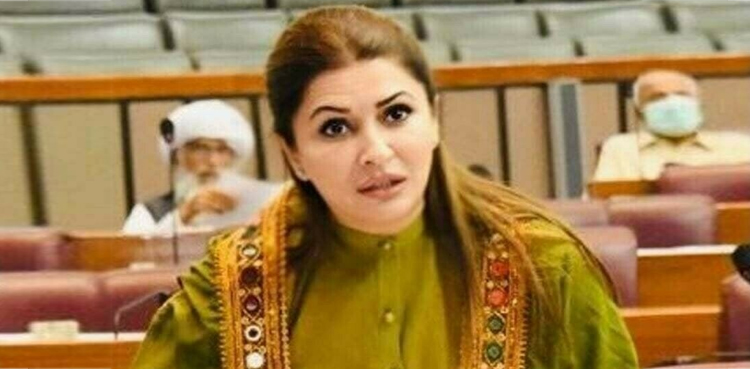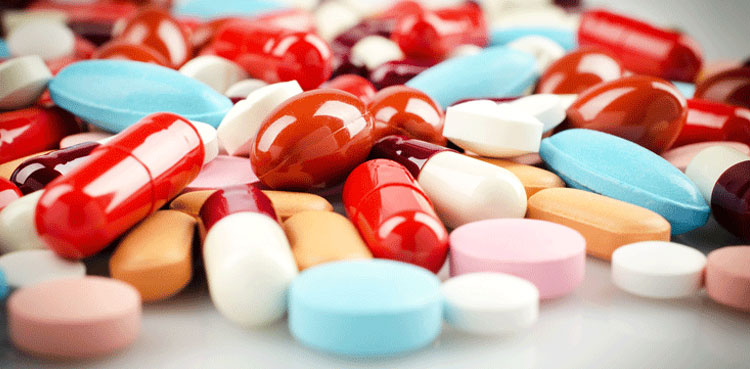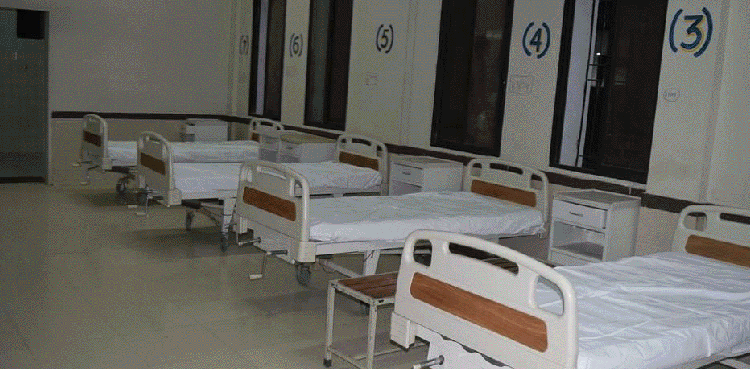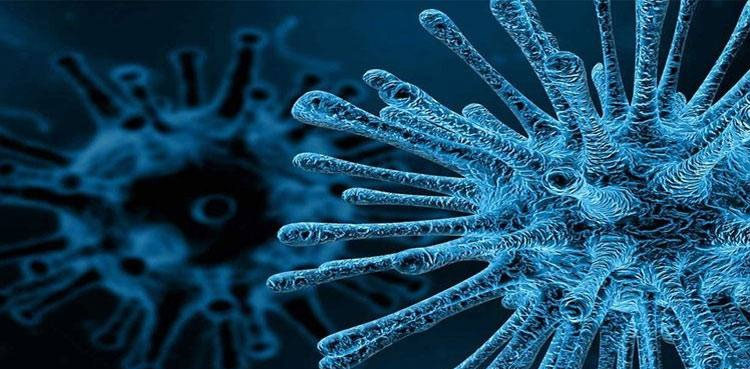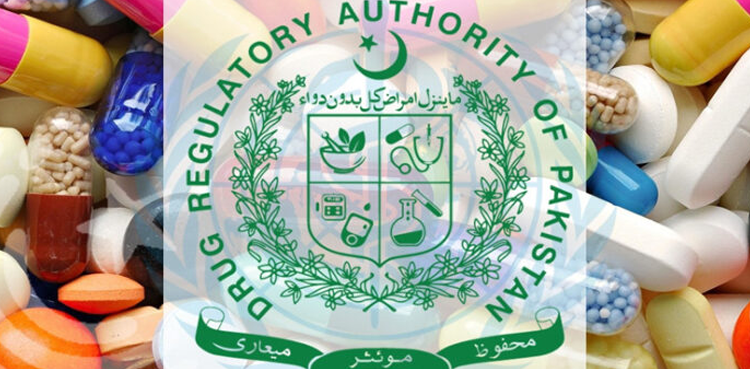ISLAMABAD: The government of Pakistan has set a cap on the annual tuition fees charged by private medical and dental colleges, ARY News reported on Thursday.
After a review, a special committee on medical education, chaired by Deputy Prime Minister Ishaq Dar, approved the recommendations regarding fee regulations.
The Pakistan Medical and Dental Council (PMDC) Council had forwarded the recommendations regarding fee regulations to the special committee for review.
The committee reached the consensus that the fee cap will be adjusted annually for inflation based on the Consumer Price Index. The committee discussed fee regulation and rationalization in private medical colleges, aiming to ensure fairness for students and viability for institutions.
A maximum fee range of Rs1.8 million to Rs2.5 million has been set for the annual fees at all the private medical colleges.
For private medical institutions currently charging less than this amount, fees will be capped at their existing level, with only an annual CPI-linked increase.
Under this new regulation, these institutions can no longer charge more than Rs2.5 million annually.
The decision was taken to control the exorbitant fees charged by these institutions, which can go up to Rs3.5 million per year. The government’s primary objective is to curb unchecked fee increases and ensure that quality education is made accessible to all.
The PMDC, as the authorized body, will regulate annual fee increases based on inflation rates.
This policy applies to all medical colleges, including the Aga Khan University.
Speaking on the occasion, Ishaq Dar emphasized the government’s resolve to strengthen medical education through transparent policies, better training standards, and equitable opportunities for students and institutions alike, highlighting its key role in improving Pakistan’s healthcare sector.
Read more: PMDC ‘bans’ fee collection by medical colleges
In 2012, the PMDC capped annual fees for private medical colleges at Rs500,000 with a five per cent annual increase, but this regulation was disregarded by many institutions.
It may be noted that in July last year, the PMDC approached the health ministry seeking its legal opinion to bring uniformity to the fee structure. However, even after almost six months, the issue of exorbitant fees was not be addressed.
